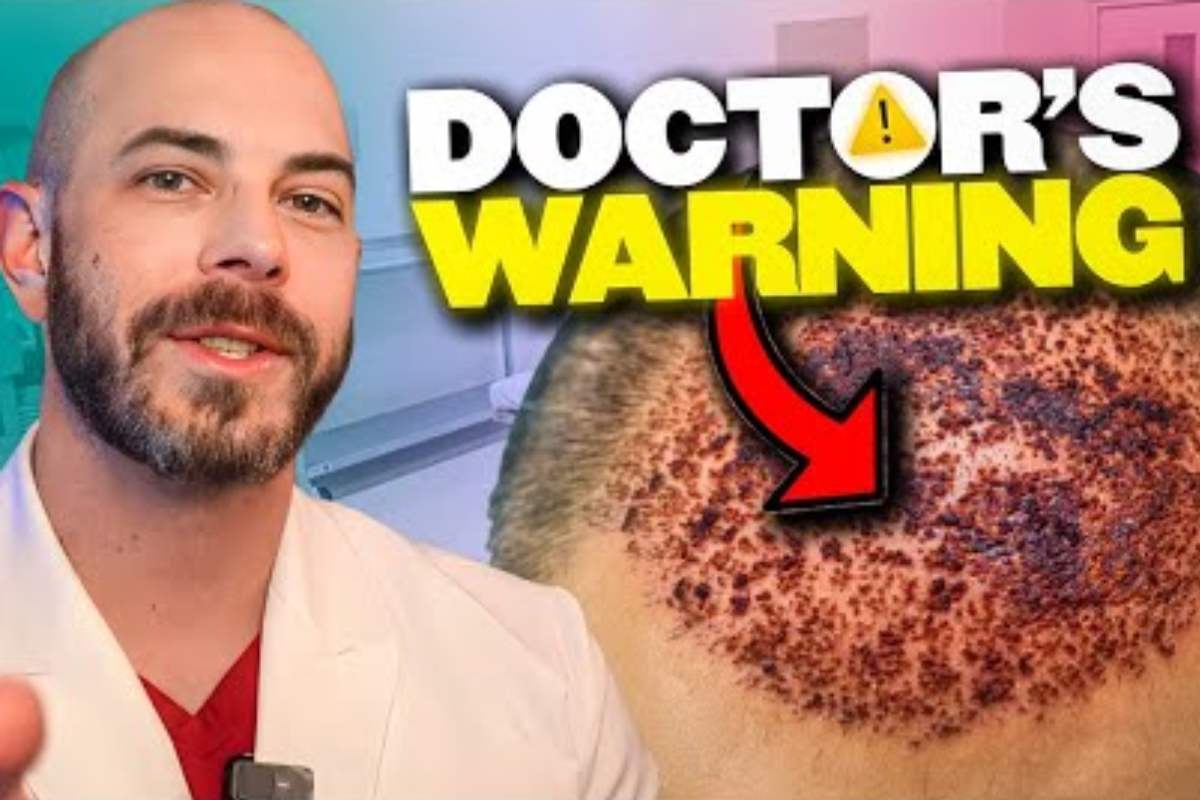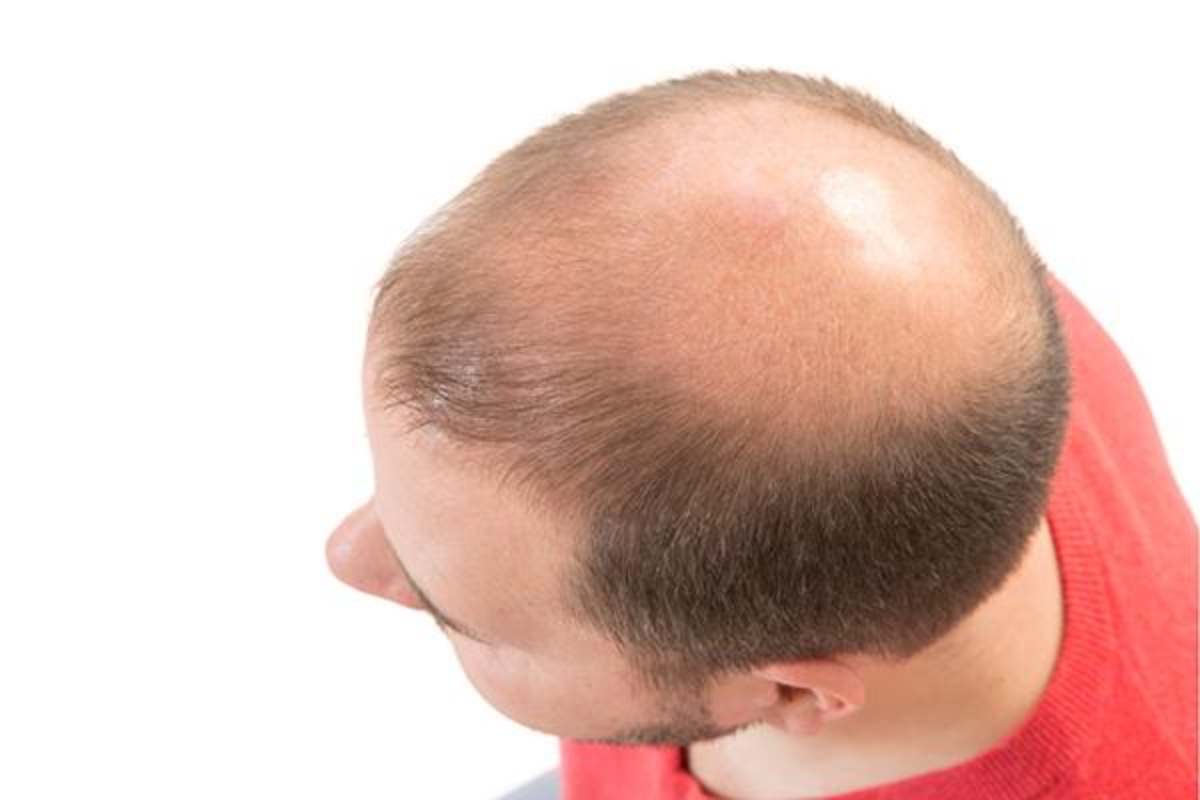Hair loss can be a very tricky thing to figure out. Researchers and doctors know that things like genetics, certain medications, and diseases, as well as outside forces like stress and environmental factors can cause hair loss in some people, but sometimes it seems like almost everything has a chance of causing you to lose your hair.
Don’t worry though, hope is not lost. While there are many factors that come into play when trying to determine the root cause of hair loss, we have a better understanding now than ever before.
If we can figure out what is causing the hair loss in our patients, we can come up with a treatment plan suited specifically to those needs. Since there can be multiple causes for hair loss even within the same patient, we can treat the underlying causes- like vitamin deficiencies- and allow time for the hair to regrow on its own or we can advise on medicinal treatments or hair transplants, if necessary. Sometimes it’s both.
Losing your hair is tough no matter what the cause, but thankfully when outside forces are to blame as the cause of the hair loss, we have options to treat and reverse the shedding or thinning you may be experiencing.
In some cases, you may not even realize that hair loss is a side effect as is the case for some drugs or medications. We all know that things like chemotherapy for cancer can cause hair loss, but did you know that anesthesia used during surgical procedures may also cause your hair to thin out?
Anesthesia and Hair Loss
If you’ve undergone surgery recently, or needed general anesthesia, and you’ve noticed your hair shedding more than usual, don’t panic.
Hair loss because of anesthesia is typically a temporary condition known as telogen effluvium (TE). Telogen effluvium is a type of hair loss often associated with stress or some sort of shock to your system. It causes you to shed more hair than you would normally on a given day, thus giving the appearance that you’re losing your hair.
Unlike hair loss associated with genetics, like male pattern baldness, telogen effluvium typically does not happen in any sort of pattern. Your hair will not recede specifically at the hairline or on the crown of your scalp but will instead present as shedding that creates thinning across your entire head. This is one of the ways you or your doctor will be able to determine what might be causing our hair loss; simply by looking at the pattern of the loss.
Why Does Anesthesia Cause This Type of Hair Loss?
The anesthetic medication used during surgery may be causing you to lose some of your hair, but doctors believe that it’s actually a combination of the medicine itself as well as the length of time you may be under during a surgical procedure.
Some anesthetics used to “put you to sleep” during surgery can slow down cell division within your body. Because hair follicles rely on fast cell division during the growth phase, by limiting that cell division the hair follicles are pushed from growing phase into their resting phase. This can cause the hair to fall out until the follicles restart their growth phase.
The longer you’re under anesthesia the longer your hair cells are slowed down, causing a higher chance of hair loss. This is one of the reasons that doctors and researchers believe that anesthesia could be causing hair loss in some people, but it’s not the only reason.
Stress is known to cause hair loss, and what comes along with having a major surgical procedure that requires anesthesia? Stress! Both physical and emotional, which can have equally negative effects on your hair.
A lot of people stress out about having a surgical procedure. This stress can build up before the surgery and afterwards during the recovery process. Major surgery typically requires downtime afterwards to let your body heal and recuperate so your body is working overtime to repair and rebuild the skin, bones, or other organs that were traumatized during surgery. If you add to “normal recovery” any setbacks, like if things aren’t going as you expected, or you’re in more pain than you thought you would be in, these can all lead to even more stress levels and physical demands on your body. This in turn could lead to noticeable hair loss. But it’s important to know that telogen effluvium doesn’t happen right away. It happens months later when the stress may be long forgotten. So, it often takes the help of a dermatologist or other hair expert to go over your history like a detective when it comes to hair loss.
If your surgical procedure involved your scalp, there’s also a good chance that you may lose hair around incisions or scar tissue in those areas where the surgery was performed. As the healing beings you should notice these spots start to thicken back up as the hair follicles begin to regrow.
Treatments for Hair Loss from Anesthesia
The good news when it comes to hair loss due to anesthesia, or stress, is that it’s typically a temporary issue. Once the root cause of the issue has been determined, your doctor will be able to get you onto a treatment plan if they believe it would benefit you and help reverse the hair loss you are seeing.
In some cases, the only thing you can do is give it what Dr. Krejci calls it a “Tincture of Time.” Once those stressed-out hair follicles restart growing, you should notice your hair start to return to its natural thickness, but it can take months, even a year to recover. If there is more going on in terms of stress or outside influences from new medications, etc., your doctor will be able to work with you to come up with additional solutions or treatment plan.
If you’ve recently had surgery that required general anesthesia and you’ve started to notice your hair falling out more than usual, the first thing to do is not to panic. Contact your doctor and discuss your concerns and they will be better able to come to a conclusion about what may be the root cause of the hair loss.
Surgical procedures put a lot of stress on the body, both mentally and physically, so it should be expected that not everything is going to be perfect afterwards, but having your hair fall out after a surgical procedure can be stressful in its own right. Just take solace in knowing that in most cases it’s just temporary and your hair shedding should begin to slow down after your body has gotten over the shock of your procedure.







